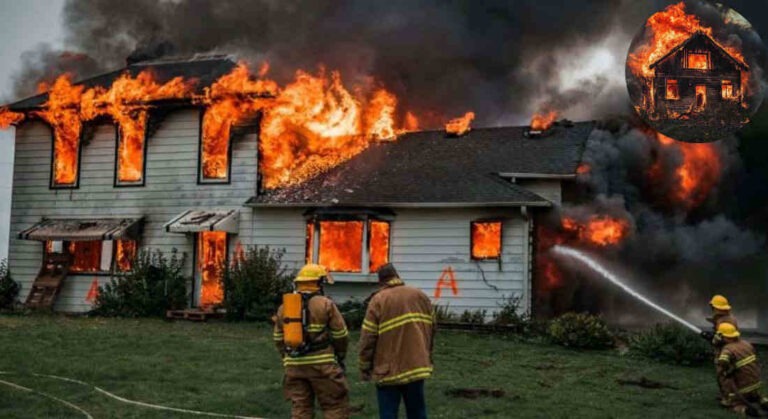Home safety is an essential yet often overlooked part of daily life. Among the many risks that homeowners face, fire hazards stand out as a significant concern. Fires can lead to devastating losses, both in terms of property and human life. According to the National Fire Protection Association (NFPA), U.S. fire departments respond to over a million fire incidents annually, many of which occur in residential homes.
While most people associate fire risks with cooking accidents or faulty electrical systems, the role of plumbing—and the importance of a house plumbing license—in fire safety is often underestimated.
Understanding Fire Risks in Your Home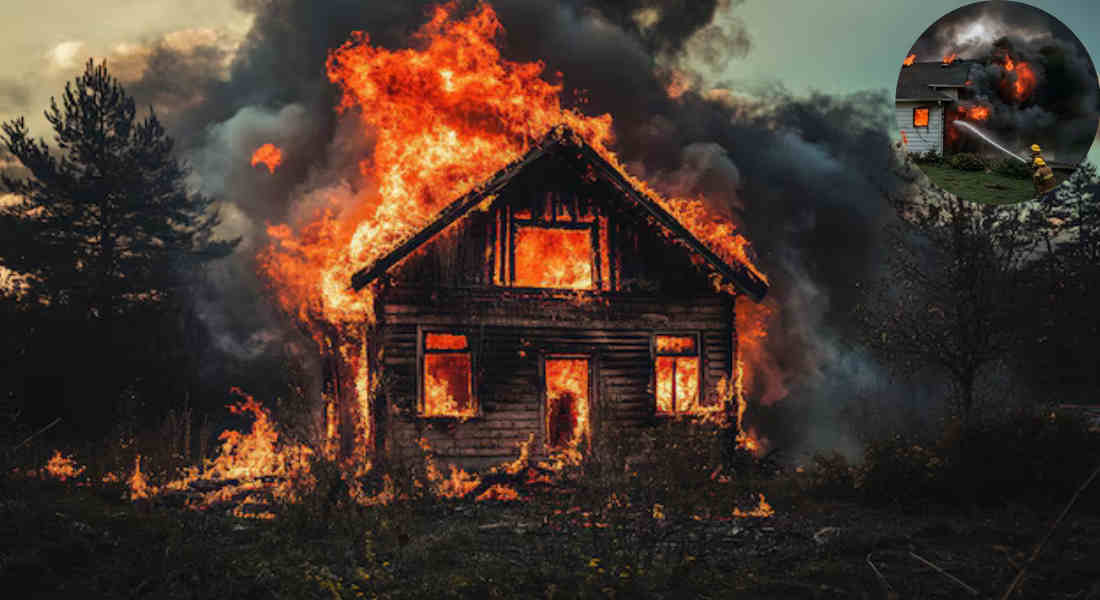
Your home is your sanctuary, but fire risks can lurk in even the most unexpected places. From electrical faults to faulty plumbing, identifying these risks is the first step to ensuring your family’s safety. Let’s explore the common causes of home fires and how plumbing issues can play a hidden role.
Common Causes of Home Fires
Home fires can arise from various sources, and understanding these is crucial for prevention. Some of the most common causes include:
- Electrical Faults: Poor wiring, overloaded circuits, and malfunctioning appliances are among the leading causes of fires in homes. Electrical systems, especially when outdated or improperly repaired, can spark fires without warning.
- Heating Equipment and Fireplaces: While they keep us warm, fireplaces and space heaters are notorious for causing fires when left unattended or improperly maintained.
- Cooking Accidents: A simple oversight, such as leaving the stove on or a grease fire, is one of the most frequent reasons for house fires.
- Smoking Materials: Cigarettes, cigars, and other smoking materials are a less common but highly dangerous cause, especially when discarded improperly.
- Faulty Plumbing and Gas Leaks: This is often overlooked but can be just as dangerous. Improperly installed or maintained plumbing systems, especially gas lines, can lead to fires or explosions.
As you can see, plumbing plays a significant role in minimizing fire risks when done correctly. But when it’s neglected or handled improperly, the consequences can be disastrous.
How Plumbing Issues Can Contribute to Fire Risks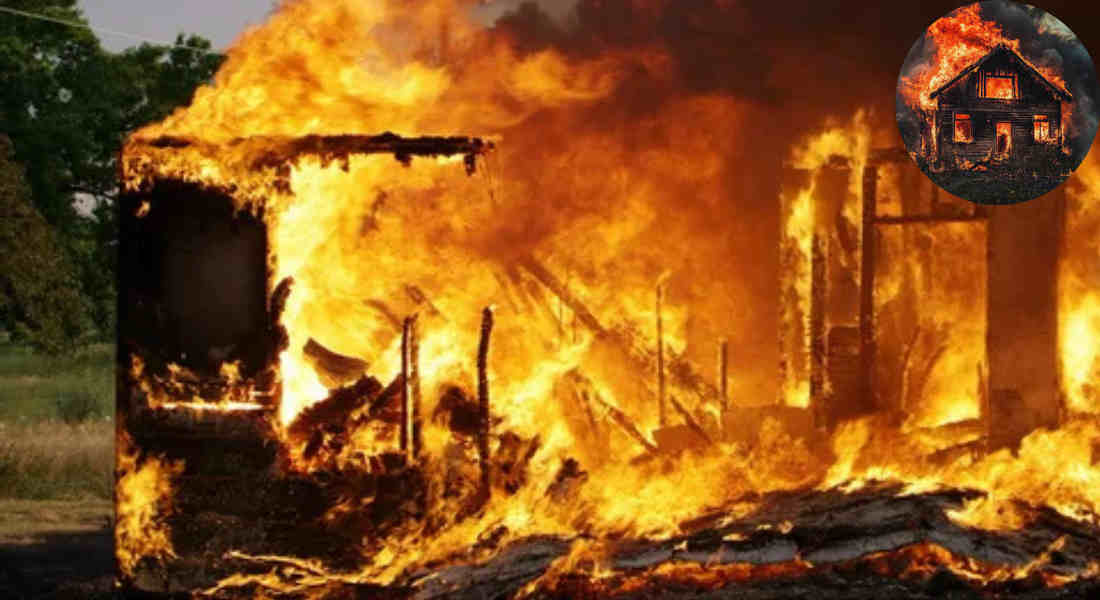
When you think of plumbing, you might not immediately associate it with fire risks. However, plumbing systems—particularly involving gas lines—are directly connected to potential fire hazards. Here’s how:
You may also read (does my house need to be tidy for valuation).
- Gas Leaks: Improper installation or repair of gas lines can lead to leaks. Natural gas is highly flammable, and even a small spark from an electrical device can ignite it, causing a fire or explosion.
- Water Damage and Electrical Systems: Plumbing issues such as leaks or burst pipes can damage electrical wiring in your home. When water comes into contact with exposed wires, it can cause short circuits and, in turn, fires.
- Appliance Installation: Gas-powered appliances, such as water heaters or stoves, require precise installation. A minor error in connecting gas lines can lead to leaks and fires.
These risks underscore the importance of hiring qualified professionals for plumbing work. Licensed plumbers have the training and expertise to prevent such hazards.
The Role of Licensed Professionals in Fire Risk Prevention
You might be wondering: Why is it important to hire a licensed plumber? Can’t anyone fix a pipe or install a gas line? The reality is that unlicensed plumbing work can pose serious safety risks, including the potential for fires. Here’s why licensed professionals matter:
- Compliance with Safety Standards: Licensed plumbers follow strict building codes and safety regulations to ensure that installations and repairs are safe.
- Expertise in Identifying Risks: Professionals are trained to identify potential hazards, such as faulty gas lines or water damage that affects electrical systems.
- Accountability: Licensed plumbers carry liability insurance, meaning they’re accountable for their work. If something goes wrong, you’re protected.
Hiring a licensed plumber isn’t just about following the law—it’s about protecting your home and family from preventable risks.
What Is a House Plumbing License?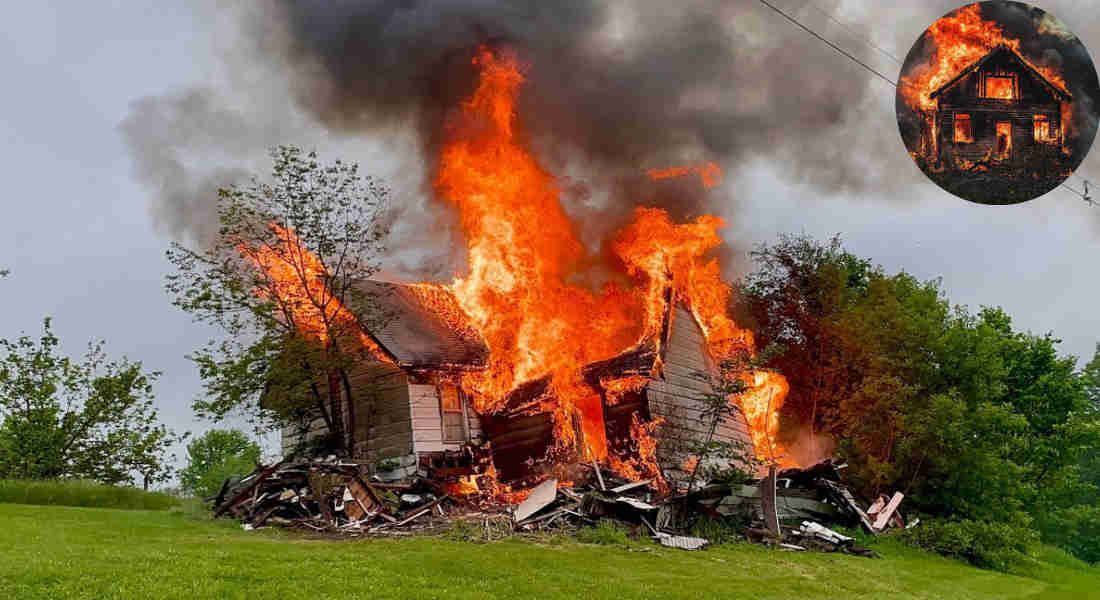
Before we dive deeper into the connection between plumbing and fire safety, let’s first understand what a plumbing license is, why it matters, and how it impacts homeowners.
Definition and Purpose of a Plumbing License
A plumbing license is a certification issued by a governing body (usually at the state or local level) that allows a person to legally perform plumbing work. But it’s not just a piece of paper—it represents:
- Professional Qualification: A plumbing license certifies that an individual has completed the necessary training and passed exams to ensure they understand plumbing codes and safety standards.
- Legal Compliance: Licensed plumbers are authorized to perform work that complies with local building codes. This is particularly important for safety-critical tasks, such as installing gas lines.
- Fire Risk Mitigation: Proper plumbing installation, especially for gas lines, reduces the risk of leaks and associated fire hazards.
Levels of Plumbing Licenses
Not all plumbing licenses are the same. There are different levels of certifications, each allowing specific types of work:
License Level Scope of Work
Apprentice Works under a licensed plumber, gaining hands-on experience.
Journeyman Can perform plumbing work independently but may require supervision for large projects.
Master Plumber: The highest level of certification, allowing full independence and supervision of others.
Understanding these levels can help homeowners determine the type of plumber they need for a specific job.
You may also read (need to rewire your house).
Why Licensing Matters for Homeowners
As a homeowner, you might wonder, Why should I care if someone is licensed? Here’s why it matters:
- Safety: Licensed plumbers have the training to prevent fire hazards related to gas lines and water damage.
- Building Code Compliance: Unlicensed work often violates local building codes, which can lead to fines or issues when selling your home.
- Insurance Coverage: Many insurance policies won’t cover damages caused by unlicensed work.
Do You Need a House Plumbing License?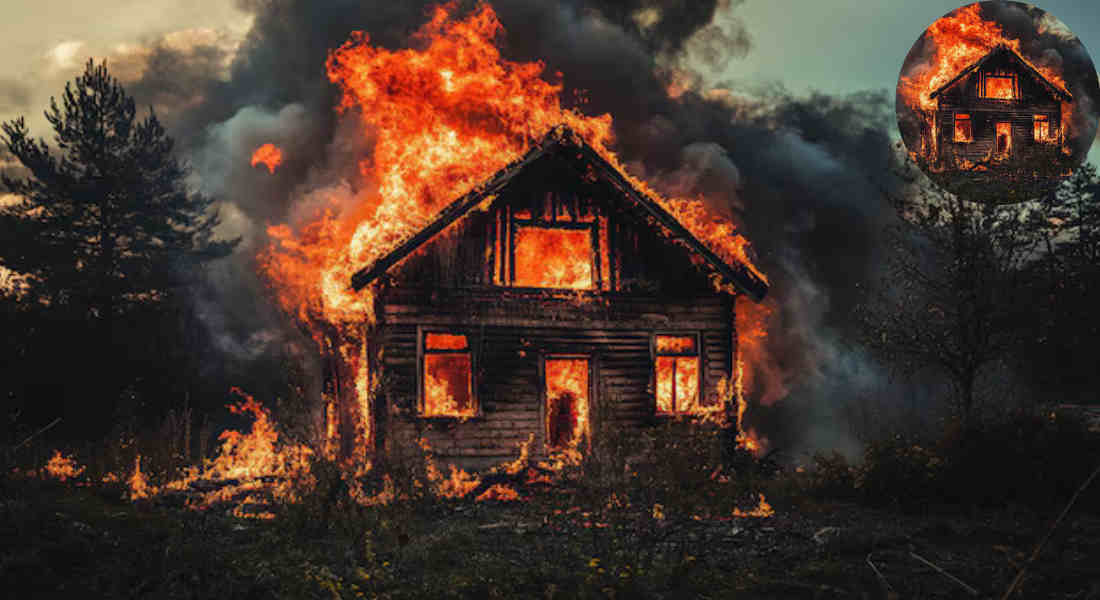
The short answer is: It depends. Plumbing license requirements vary by state and locality, and the type of work being done plays a significant role.
When Is a Plumbing License Required?
Here are situations where a plumbing license is typically required:
- Gas Line Installation or Repair: This is one of the most regulated areas due to its high fire risk.
- Major Plumbing Installations: Installing water heaters, sewer lines, or other large systems often requires a licensed professional.
- State Regulations: Some states, like Michigan and Washington, have strict licensing requirements for all plumbing work.
Risks of Doing Plumbing Work Without a License
Attempting to handle plumbing work without a license isn’t just illegal—it’s dangerous. Here’s why:
- Fire Hazards: Improper gas line installation or repair can lead to leaks and fires.
- Legal Penalties: Many states impose fines or even jail time for unlicensed plumbing work.
- Insurance Issues: If unlicensed work causes damage, your insurance may not cover the costs.
How to Verify a Licensed Plumber
To ensure you’re hiring a licensed professional:
- Ask for Credentials: A legitimate plumber will have no issue showing their license and certifications.
- Check Online Databases: Many states have online tools to verify a plumber’s license.
- Look for Reviews: Licensed professionals often have a track record of satisfied customers.
How Plumbing Licensing Relates to Fire Safety in Your Home
Licensed plumbing isn’t just a legal requirement—it’s a critical component of fire prevention.
Licensed Plumbing and Fire Prevention
Licensed plumbers follow strict codes that ensure safety. For example:
- Proper Gas Line Installation: Minimizes the risk of leaks and explosions.
- Water Damage Prevention: Prevents water from coming into contact with electrical systems.
Case Studies of Fire Risks from Unlicensed Plumbing
Real-life examples highlight the dangers of unlicensed plumbing. For instance:
- Case Study 1: A family in Texas experienced a house fire due to a gas leak caused by unlicensed work.
- Case Study 2: In California, water damage from faulty plumbing led to an electrical fire.
Tips for Homeowners to Minimize Fire Risks Related to Plumbing
Here are some actionable steps you can take:
- Schedule Regular Inspections: Hire licensed professionals to inspect your plumbing and gas lines.
- Install Gas Detectors: These can alert you to leaks before they become dangerous.
- Address Issues Promptly: Don’t ignore leaky pipes or strange odours near gas lines.
You may also read (how to understand the concept of a half house).

